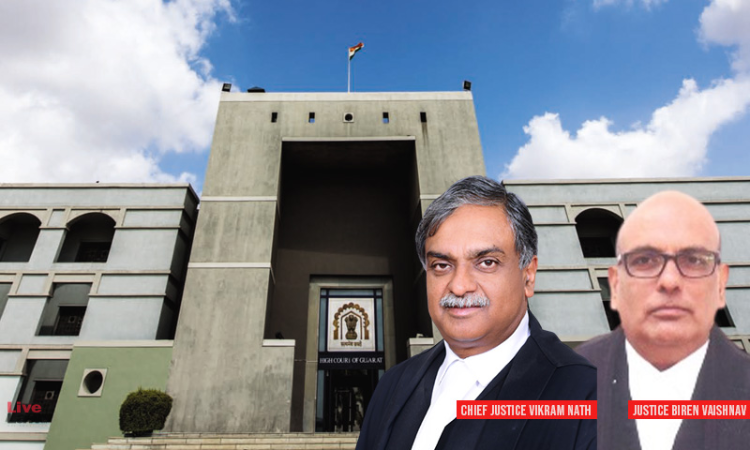Solitary Offence Under Prohibition Act No Ground For Preventive Detention Under PASA : Gujarat High Court
Shrutika Pandey
25 Aug 2021 8:29 PM IST

Next Story
25 Aug 2021 8:29 PM IST
The Gujarat High Court has held that just because a solitary offence has been registered against the appellant-detenu under the Gujarat Prohibition Act, that by itself does not have any bearing on the maintenance of public order. Quashing the detention order under the Gujarat Prevention of Anti-Social Activities Act, a Division Bench of Chief Justice Vikram Nath and Justice Biren...
